The Importance Of Hotel Fire Safety Checklists
)
With hundreds of guests and staff, as well as dozens of possible fire risks, Fire Safety Checklists are an incredibly high priority for hotels. AS 1851 (stands for Australian Standards 1851) has set rules and regulations that ensure building owners are in compliance with regulations in meeting the safety standards imposed on fire protection systems.
However, the way the rules and regulations are interpreted is different in each case, as the idea is to identify and reduce fire risks associated with specific buildings. There isn't, therefore, a specific hotel checklist you can follow to comply with fire safety regulations.

However, following this ten-point framework will give you a good idea of what you need to include in your Fire Safety Checklists to comply with the AS 1851.
1. Carry Out A Fire Risk Assessment
The kick-off point for fire safety checklists is a comprehensive risk assessment, so in case you have not done so already, start by carrying one out. The risk assessment ought to find fire dangers and rate them in terms of high, moderate and low-risk.
For example, a hotel kitchen would be regarded as a high-risk area, as would a chemical storeroom. At-risk persons must additionally be identified, such as the occupants of family rooms, or maybe disabled members of employees. For each threat identified, a plan must be placed to eliminate, reduce and protect individuals from that risk.
2. Install A Fire Detection And Warning System
If a fire can't be avoided, steps must be set in place to detect one as soon as possible should it occur, as well as to warn people in the hotel that there is a fire.
For a hotel, a detection, as well as a warning system, must be a network of smoke detectors connected to clear alarms in all occupied areas of your building, fire alarm in the hallway including individual hotel rooms. Many hotels opt to link their alarm straight to the nearby fire brigade so that instant notification could be given.
3. Provide Escape Routes And Fire Doors
Every floor must have an appropriate number of fire doors and fire evacuation plan should be posted in every room, with clearly marked escape routes from all areas. High-risk areas must have fast escape routes to allow quick evacuation. Fire exits should lead to a safe point outside the building. Places at risk of fire must also have heavy, fireproof doors that may be closed after evacuation to stop the spread of fire.
4. Install Emergency Lighting Along Escape Routes
When a fire is detected, it is frequently good practice to shut down non-essential systems that may be harmed by fire or even make one even worse. Or perhaps, in other instances, a fire itself might result in the electrics in the building to fail. It is your responsibility to ensure that there is adequate emergency lighting making certain emergency routes as well as fire exits are properly lit. This is particularly important in places where there is little or perhaps no natural light, like hotel corridors.
5. Allocate Safe Muster Points For Staff And Guests
Your fire safety plan should include areas outside your hotel sufficient to accommodate all the building's occupants, safely removed from any hazard. These will be your muster points where people will congregate when the fire alarm sounds. Depending on the size of your establishment and number of guests you may need multiple muster points.
6. Provide Appropriate Firefighting Equipment
For each 200m² of floor room, you must offer water (red) fire extinguisher. Additional firefighting tools must be provided at some other relevant points. For example, if cooking oil (Class F) fires are a risk in your kitchen, you should install wet chemical (yellow) fire extinguishers. Carbon dioxide (black) or powder (blue) fire extinguishers should be provided where there is a risk of electric or gas fire. You might also have to incorporate additional equipment, like fire covers in the vicinity of the fire hazard.
7. Train Staff And Appoint Fire Safety Officers
All of your staff should be trained in fire safety methods, which includes vigilance, exactly how to raise an alarm, how to fight fires, and how they can evacuate the building. You ought to additionally appoint' Competent Persons' as Fire Safety Officers with particular duties.
Some should be accountable for evacuating guests, others for securing the building and closing down electronics, others for taking a roll call at the muster points, etc. Frequent fire drills and training sessions must be completed using your duty supervisors so that all staff members are actually clear on what you should do on the occasion of a fire.
8. Signage
Fire actions notices or fire evacuation diagrams must be clearly displayed so staff and guests understand what action to take in the occasion that a fire is actually found. All fire escape routes must have sufficient signage showing the shortest available route to escape.
9. Create A Hardcopy Of Your Fire Safety Checklists
The result of this risk assessment and planning process will be the Emergency Fire Plan or Fire Safety checklists. This will need to be posted as a hard copy and then made available to other staff in the hotel. It must additionally be made accessible to staff as a part of their brand new starter induction.
10. Service & Maintenance
You have to make sure all existing equipment is actually maintained in working order and examined at frequent times by a skilled individual, one of the ways of achieving this is by utilizing a third party accredited business to hold out the inspection.
Safeguard your hotel from fire risk. The safety of your staff and guests depends on taking quick action when a fire takes place. Complying with fire safety regulations and maintaining Fire Safety Checklists additionally prevents you from being subject to prohibition and enforcement notices for failing to carry the needed steps.

)
)
)
)
)
)
)
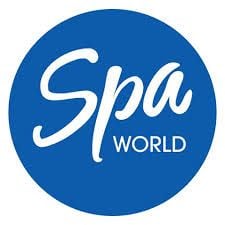)
)
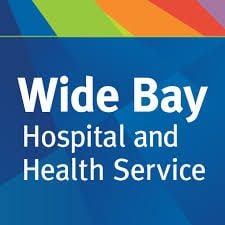)
)
)
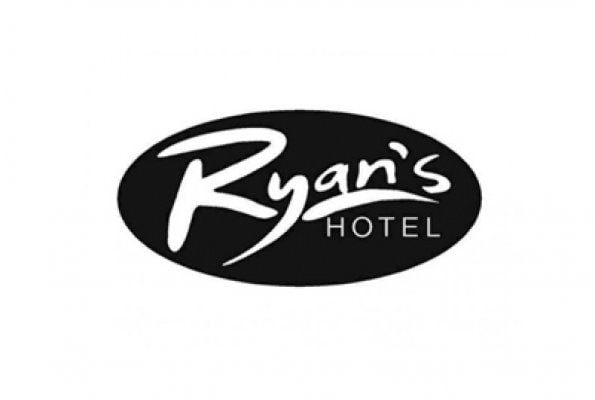)
)
)
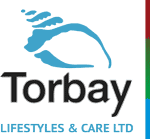)
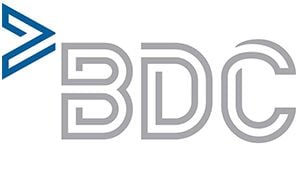)
)
)
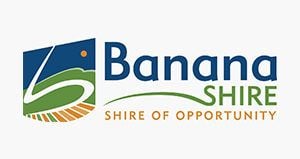)
)
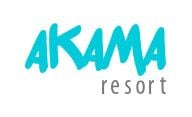)
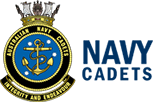)
)
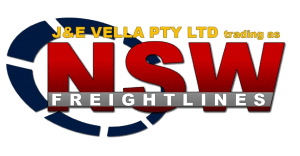)
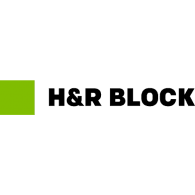)
)
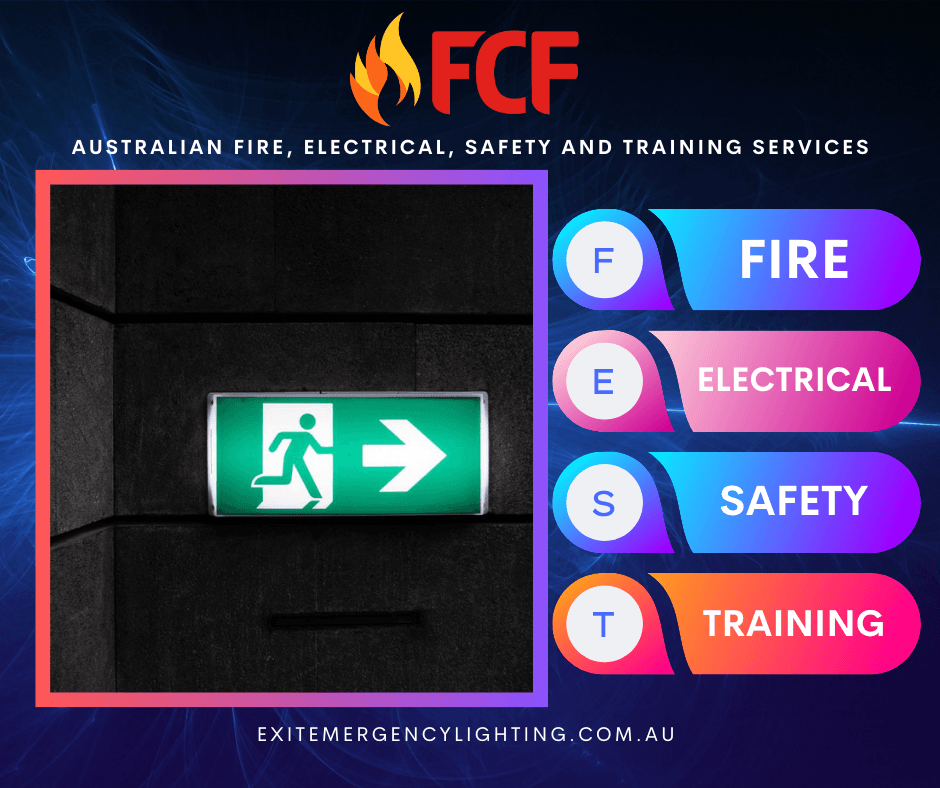)






